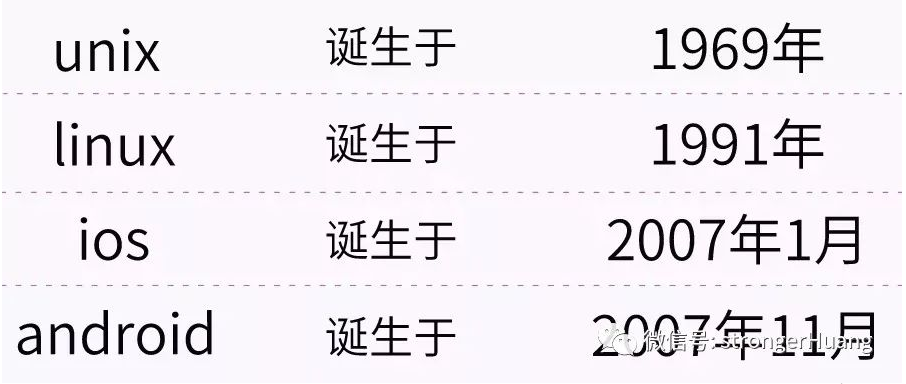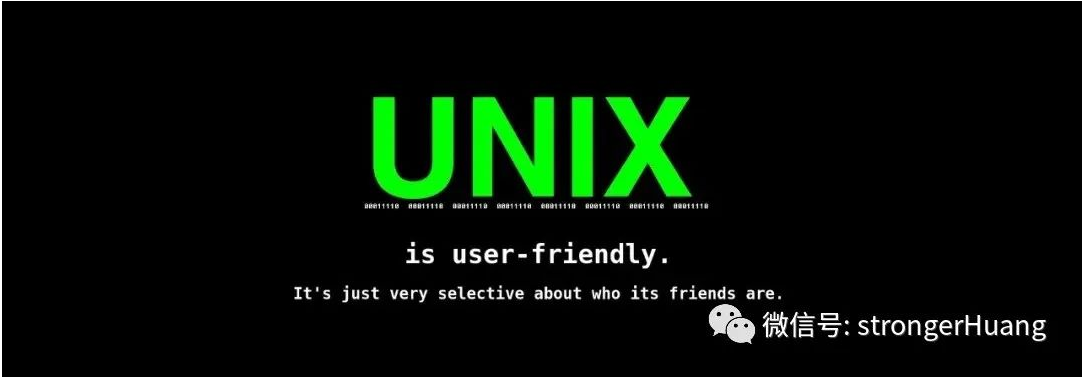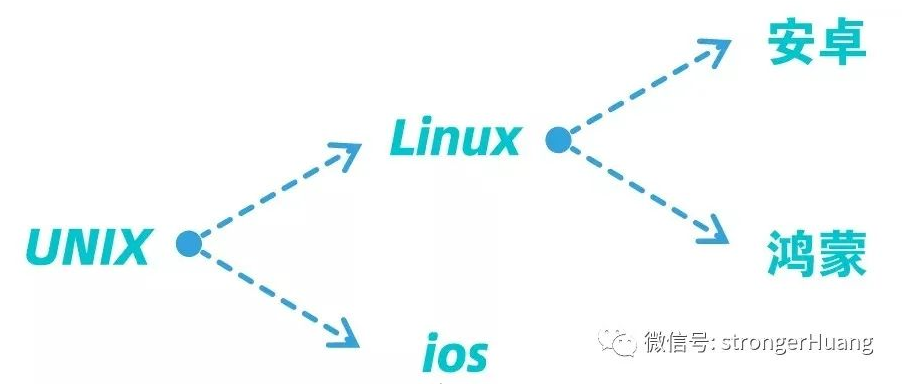
Unix, simplified to form Linux, Linux is the kernel of Android, while Apple uses the Unix system as the kernel of iOS and MacOS.

In 1969, Ken Thompson, a researcher at Bell Labs, wrote a computer game called Space Travel, which was run on multiple systems. However, the effect was not satisfactory, so he decided to develop his own operating system, and thus UNIX was born.

Bell Labs was an eternal god when it existed, but in the end it was broken up due to antitrust, which also heralded the end of an era for Bell Labs. It is really disappointing.
In 1991, when Linus Torvalds was studying at university, he wrote Linux for his personal hobby, which is equivalent to a mini version of UNIX. Later, Linus Torvalds disclosed the Linux source code and invited others to improve Linux.

It is said that the code written by Linus Torvalds only accounted for 2% of the Linux source code, but his name will remain in the history of Internet development forever.
iOS is the system first announced by Apple at the Macworld conference on January 9, 2007. It was originally designed for use with the iPhone, and was later applied to the iPod touch and iPad.

iOS, like Apple's MacOS operating system, is a Unix-like commercial operating system.
In November 2007, Google formed the Open Handset Alliance with 84 hardware manufacturers, software developers and telecom operators to jointly develop and improve the Android system.

Subsequently, Google authorized it with the Apache open source license. Android is a free and open source operating system based on the Linux kernel (excluding GNU components).
So we have clearly figured out a line, which is Unix, which is simplified to form Linux. Linux is the kernel of Android, while Apple uses the Unix system as the kernel of iOS and MacOS.
So their relationship can be understood through the picture below.

The above is the detailed content of The development of UNIX, Linux, iOS, Android and the relationship between them. For more information, please follow other related articles on the PHP Chinese website!




